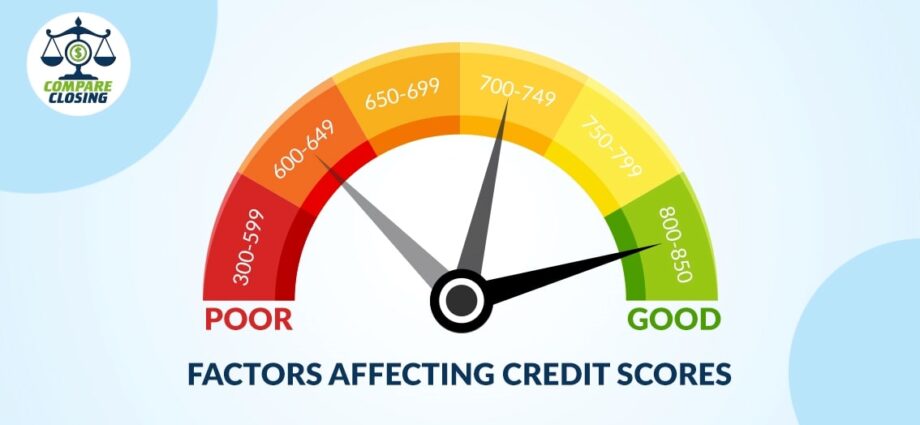Warning: Undefined variable $custom_content in /home4/comcompare/public_html/mortgagenews/wp-content/plugins/code-snippets/php/snippet-ops.php(582) : eval()'d code on line 7
Last updated on April 6th, 2022 at 04:49 pm
Latest posts by Amanda Byford (see all)


